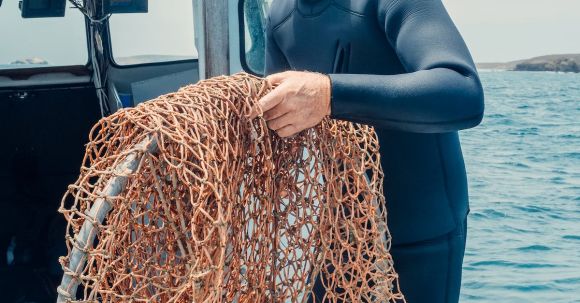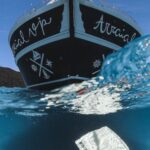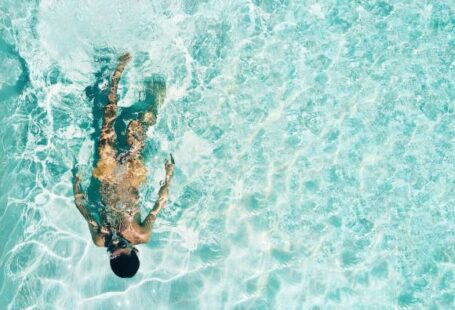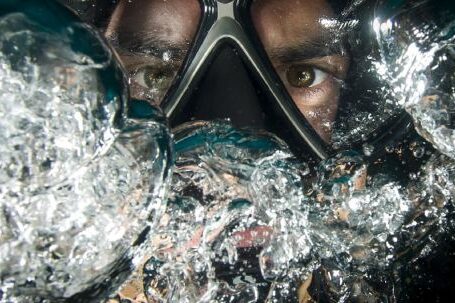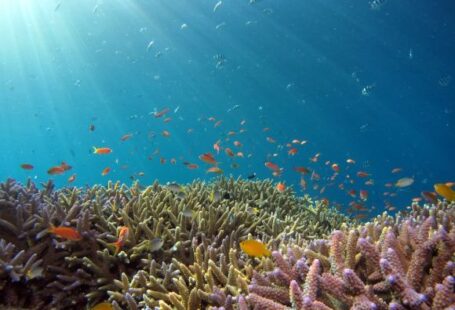Have you ever wondered what it would be like to explore the underwater world? If you’re considering taking up scuba diving as a hobby, the first step is to enroll in a diving certification course. This article will guide you through what to expect in your first diving certification course, so you can be fully prepared for this exciting and rewarding experience.
Understanding the Basics of Scuba Diving
Before you jump into the water, it’s important to understand the basics of scuba diving. Your diving certification course will cover essential topics such as the physics of diving, dive equipment, safety procedures, and underwater communication. You’ll learn how to use your scuba gear, including the mask, fins, regulator, and buoyancy control device. This knowledge will lay the foundation for your underwater adventures.
Classroom Sessions
Your diving certification course will typically begin with classroom sessions. During these sessions, you will learn about the theoretical aspects of scuba diving. Your instructor will teach you about dive planning, dive tables, and how to calculate your no-decompression limit. You’ll also learn about the effects of diving on your body and how to prevent and manage common diving-related issues, such as ear equalization and nitrogen narcosis.
Pool Training
Once you have a solid understanding of the theoretical aspects, it’s time to put your knowledge into practice. The next step in your diving certification course is pool training. In a controlled environment like a swimming pool, you’ll learn and practice essential diving skills. This includes underwater navigation, buoyancy control, mask clearing, and regulator recovery. Pool training allows you to become comfortable with the equipment and build confidence in your diving abilities before heading to open water.
Open Water Dives
After completing the classroom and pool training, it’s time for the highlight of your diving certification course: the open water dives. During these dives, you’ll apply what you’ve learned in real-life diving situations. Under the supervision of your instructor, you’ll explore the underwater world and practice your skills in a natural environment. The number of dives required for certification may vary, but it is usually around four to six dives. These dives will deepen your understanding of diving techniques and allow you to experience the beauty of the underwater world firsthand.
Certification
Upon successful completion of your open water dives, you’ll be awarded your diving certification. This certification is recognized worldwide and will allow you to dive independently or with a buddy, depending on your certification level. It’s important to note that while your certification allows you to dive, it’s always recommended to continue your education and gain more experience through further training and diving opportunities.
Continuing Education
As with any new skill, learning doesn’t stop with your diving certification. Scuba diving offers a wide range of continuing education opportunities to enhance your diving skills and knowledge. You can choose to specialize in areas such as underwater photography, wreck diving, or deep diving. These courses will not only expand your diving capabilities but also open up new and exciting diving experiences.
Conclusion
Embarking on your first diving certification course is an exhilarating journey into a world of underwater wonders. Through a combination of classroom sessions, pool training, and open water dives, you’ll gain the knowledge and skills needed to explore the depths with confidence. Remember, diving is a lifelong learning experience, and your certification is just the beginning. So, get ready to dive into a world of adventure and discovery!
